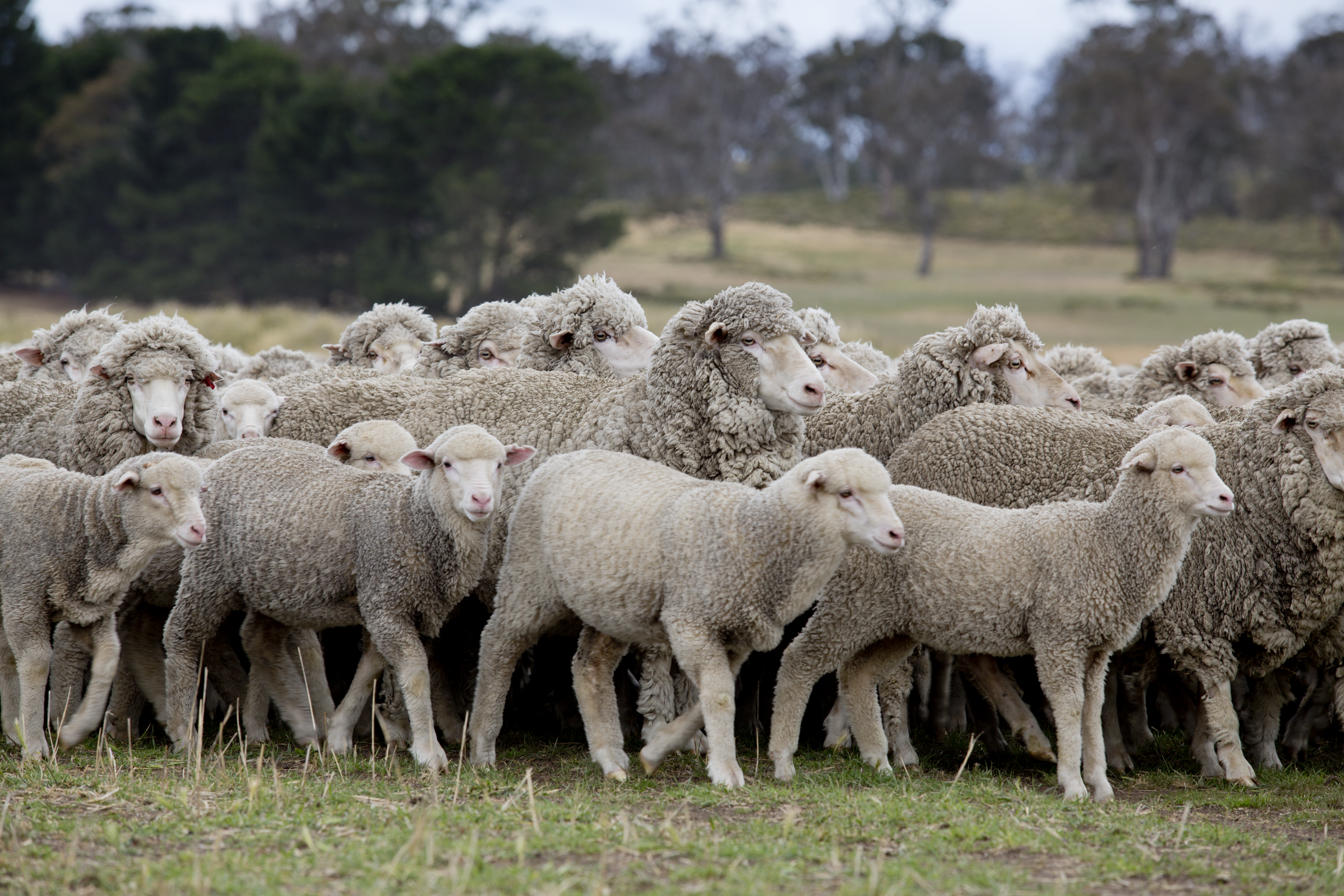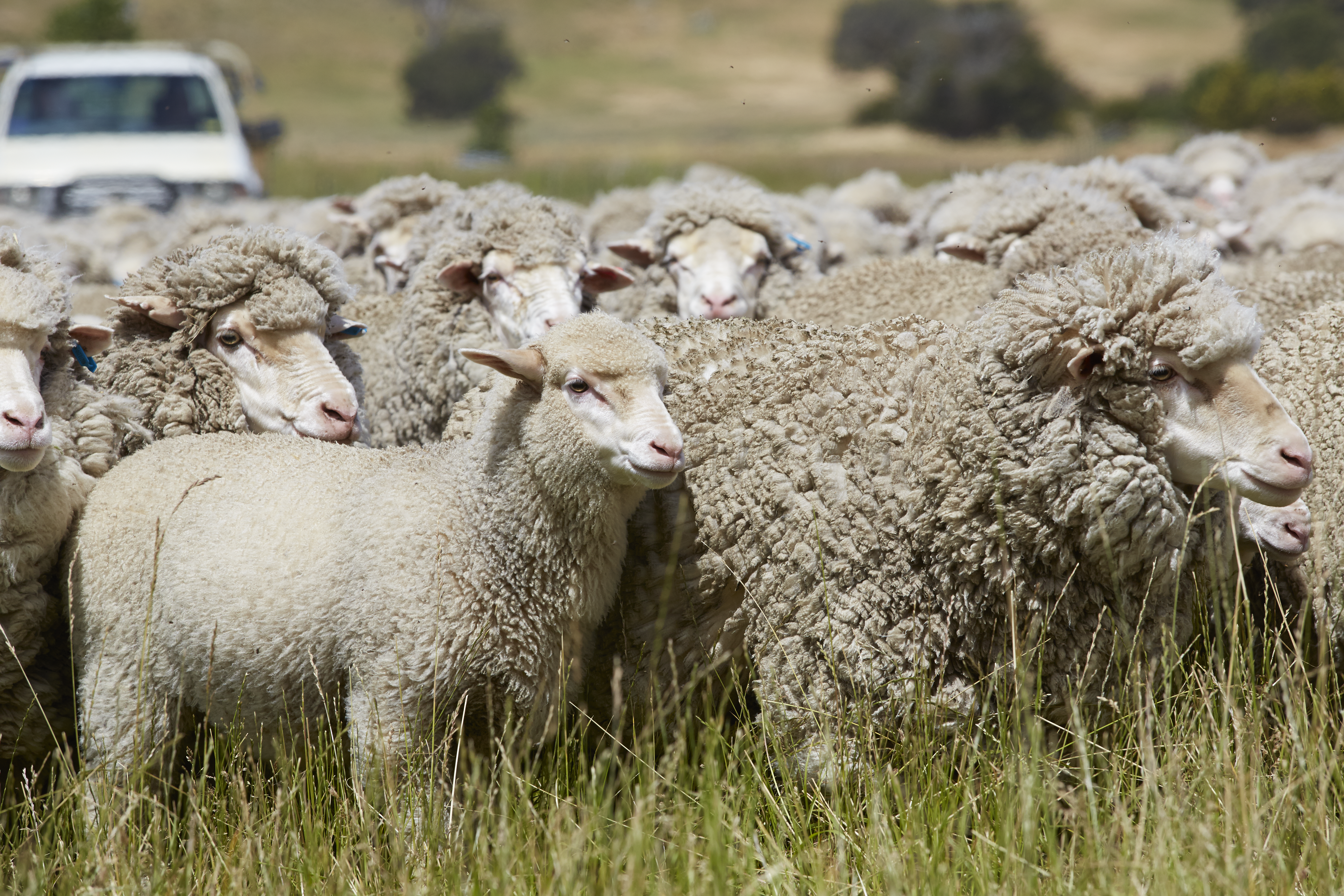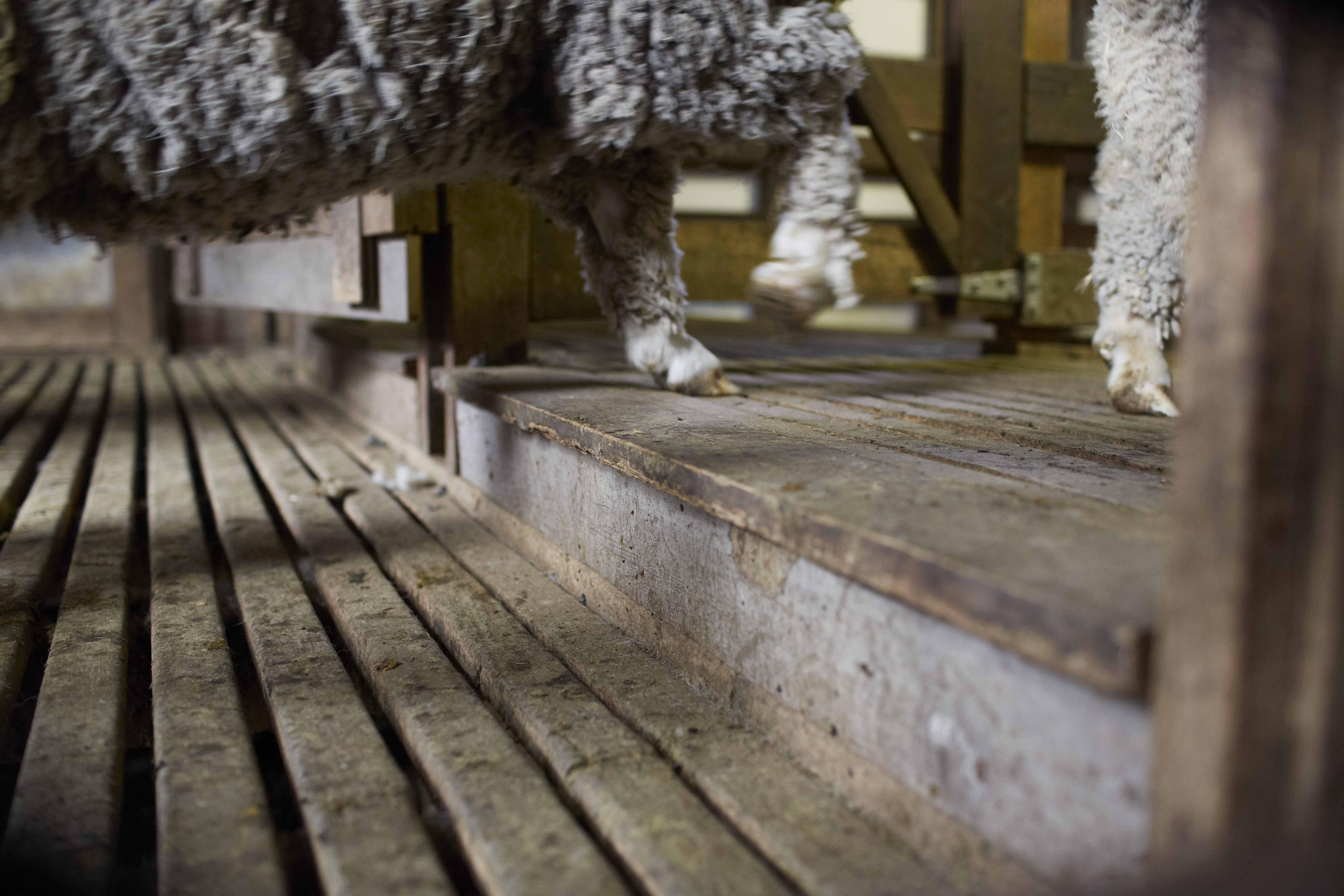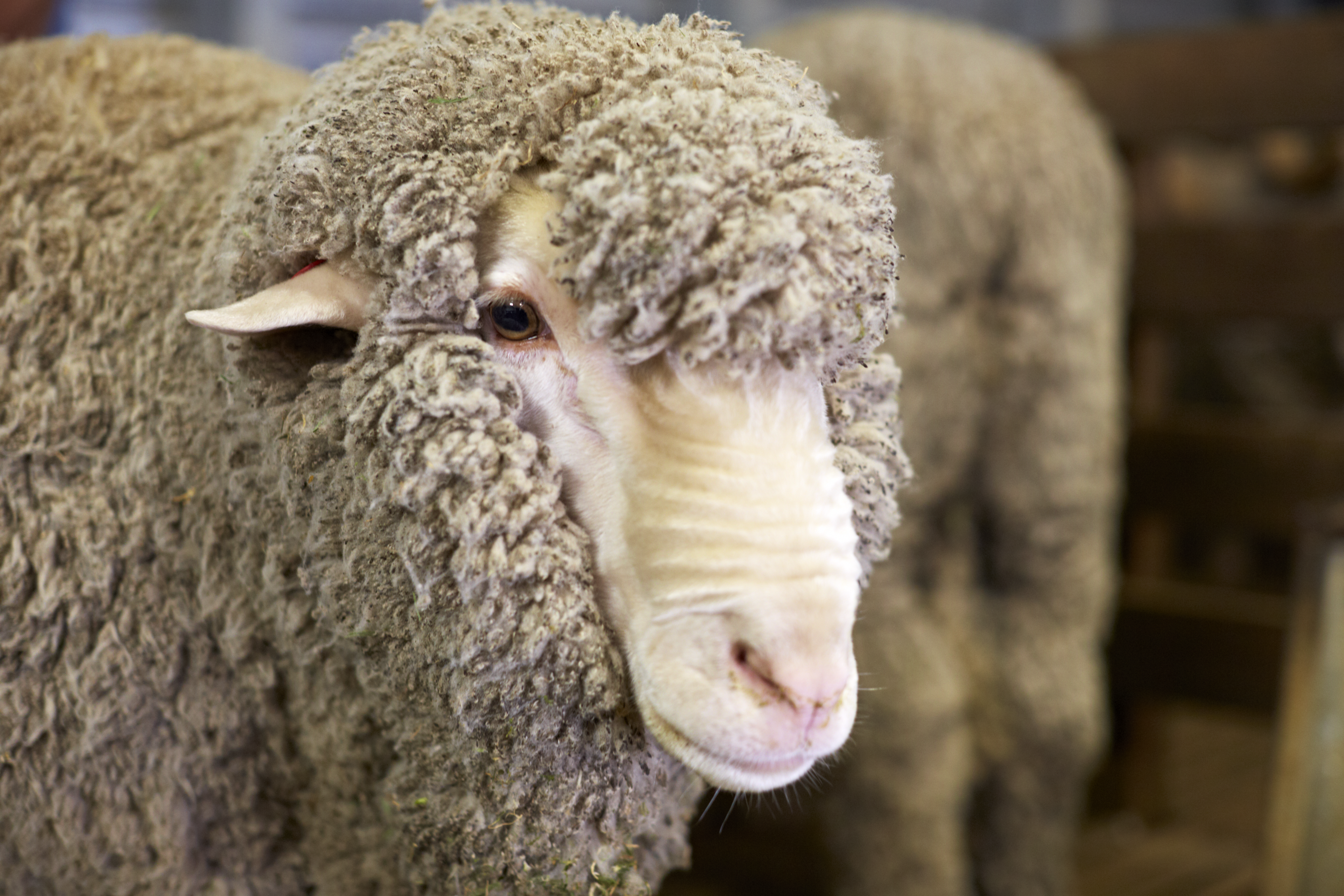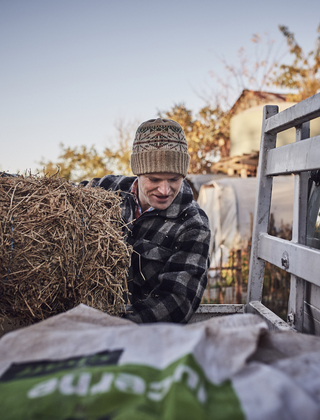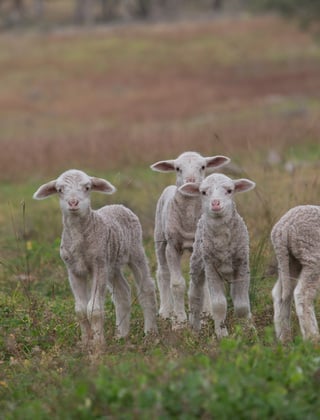Sheep health and welfare
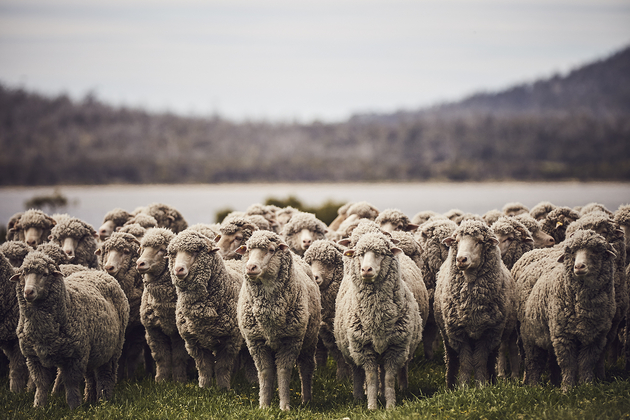
Flies, lice, worms and diseases are a major cost for woolgrowers. Resources, tools and workshops are available to help manage these risks by implementing best practice management to improve the health and welfare of your sheep.
Resources
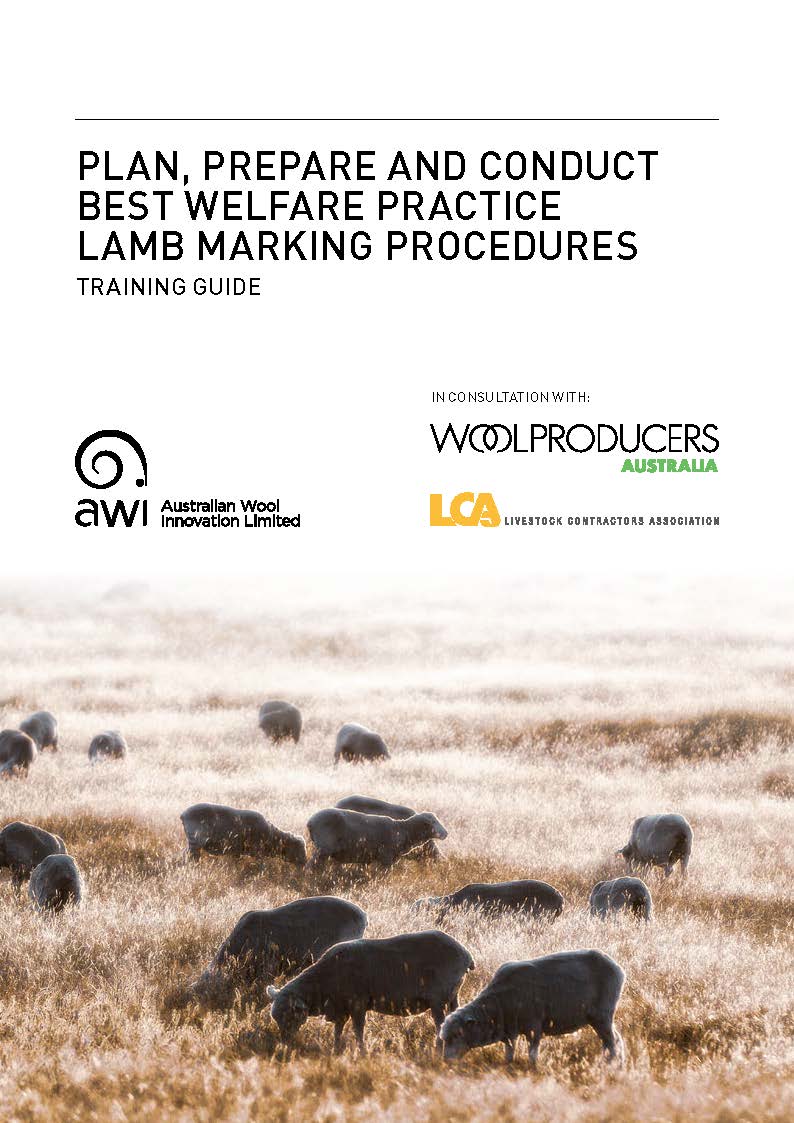
Plan, Prepare and Conduct Best Welfare Practice Lamb Marking Procedures
The guide has been updated by AWI with WoolProducers Australia and the Livestock Contractors Association and now published as the “Plan, Prepare and Conduct Best Welfare Practice Lamb Marking Procedures – Training Guide”. This training guide is designed to assist woolgrowers and their contractors perform lamb marking and mulesing procedures with the utmost care and attention to ensure the best short and long term welfare outcomes for the animal.
Parasite Management
AWI Flystrike Extension Program
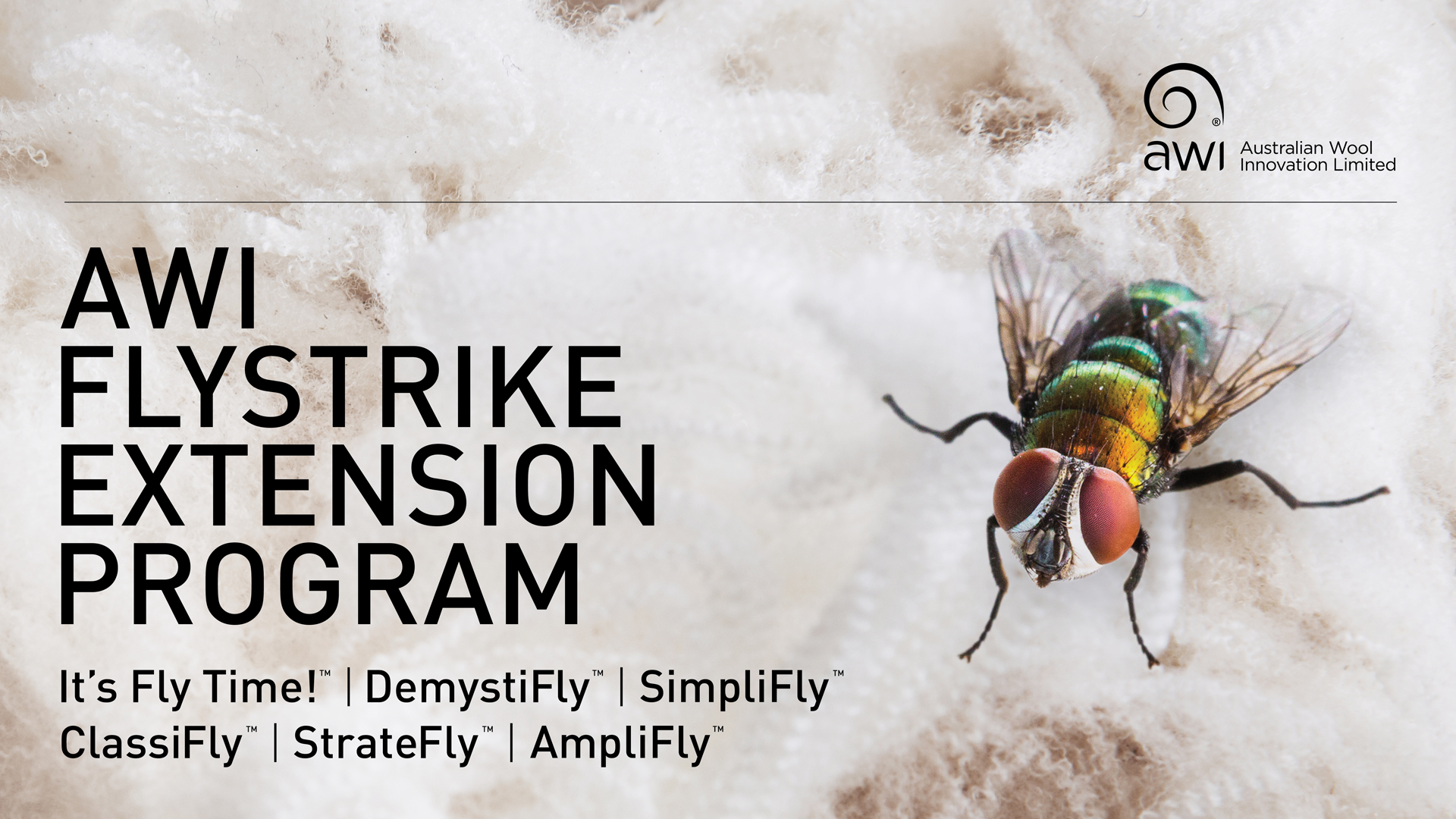
AWI’s Flystrike Extension Program represents a long-term commitment AWI has made to assist woolgrowers in combating flystrike. AWI has invested significantly in research and development projects to support woolgrowers looking to improve lifetime animal welfare, reduce their reliance on chemicals, mulesing and crutching, and breed sheep for flystrike resistance. The Flystrike Extension Program draws on the outcomes from this investment.
Along with existing information, new extension material is being developed following extensive consultation with woolgrowers, ram breeders, researchers, consultants, advisors and animal health company representatives. The new material will add to and complement the existing resources and tools available on the AWI and FlyBoss websites.
Paraboss

The three most common parasites of sheep are flies, lice and worms, including liver fluke. Parasites are a major concern for woolgrowers because of their health, welfare and productivity impacts on sheep. Together they are estimated to cost the industry over $1 billion per annum in treatment, prevention and production costs.
To support woolgrowers in the prevention and treatment of parasites for sheep, the ParaBoss suite of resources have been developed for each major parasite risk.
ParaBoss is the national authority for sheep, goat and cattle parasite control in Australia, providing information on parasites and their control through its suite of products – WormBoss, FlyBoss, LiceBoss and TickBoss (for cattle). The resources are a source of detailed information and regional programs developed to improve on-farm management of worms, blowflies, lice and ticks. The information and resources have been developed by expert panels of parasitologists and veterinarians from across Australia. Find out more about ParaBoss here.
ParaBoss is owned by Australian Wool Innovation (AWI), Meat & Livestock Australia (MLA), the University of New England (UNE), with contribution from Animal Health Australia (AHA).






